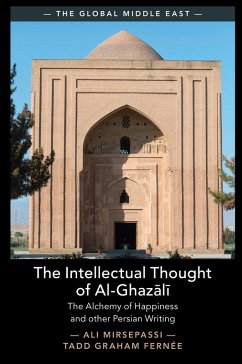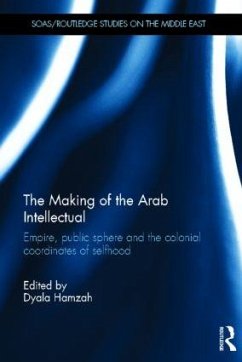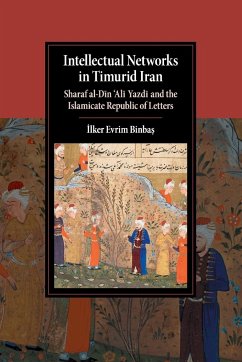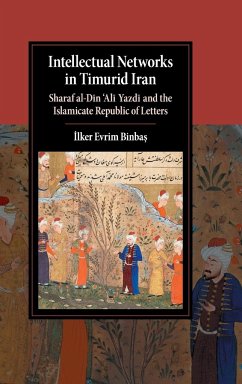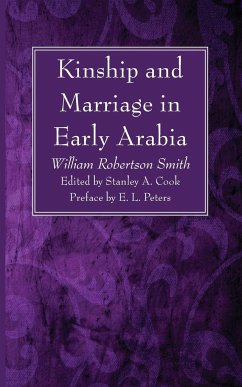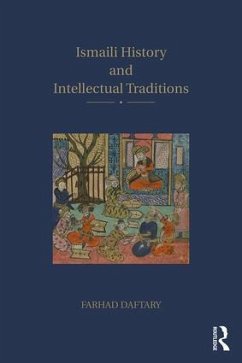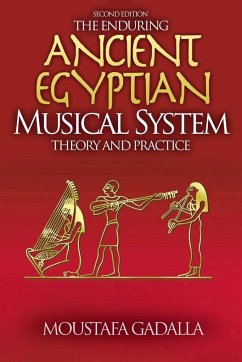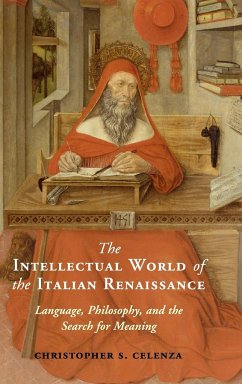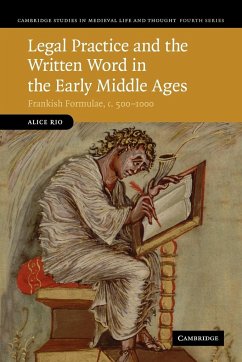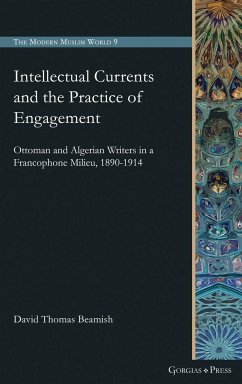
Intellectual Currents and the Practice of Engagement
Versandkostenfrei!
Versandfertig in 1-2 Wochen
107,99 €
inkl. MwSt.

PAYBACK Punkte
54 °P sammeln!
The late nineteenth and early twentieth centuries saw a great increase in the use of the printed word and the press by non-European actors to express and disseminate ideas and to participate in the intellectual life of both their home societies and a wider international context. This book examines the French-language writings of Ottoman and Algerian writers between 1890 and 1914. The volume of engagement by these figures in the French-language intellectual and journalistic space is a historical phenomenon that reflects a particular mode of engagement with the West in the decades before the Fir...
The late nineteenth and early twentieth centuries saw a great increase in the use of the printed word and the press by non-European actors to express and disseminate ideas and to participate in the intellectual life of both their home societies and a wider international context. This book examines the French-language writings of Ottoman and Algerian writers between 1890 and 1914. The volume of engagement by these figures in the French-language intellectual and journalistic space is a historical phenomenon that reflects a particular mode of engagement with the West in the decades before the First World War. Rather than analyse these writings through the lens of their connection to particular specific groups, such as Young Turks or Young Algerians, this book aims to take this body of work as a unique category of textual production that performed a specific function. By tracing the works of a wide variety of Ottoman and Algerian writers across multiple platforms in this period, it is possible to conclude that these individuals were engaged in more than acts of political opposition. Rather, they were working to situate themselves within a specific cultural and intellectual space. The book is organised around four thematic chapters that appear throughout these writings across the timeframe. They are: the presentation and function of history, the nature of Islam, the question of identity and citizenship and the shape of reform. By analysing their commonalities, differences and development, we can draw conclusions about this type of intellectual activity that transcends political movements, religion and nationality.



